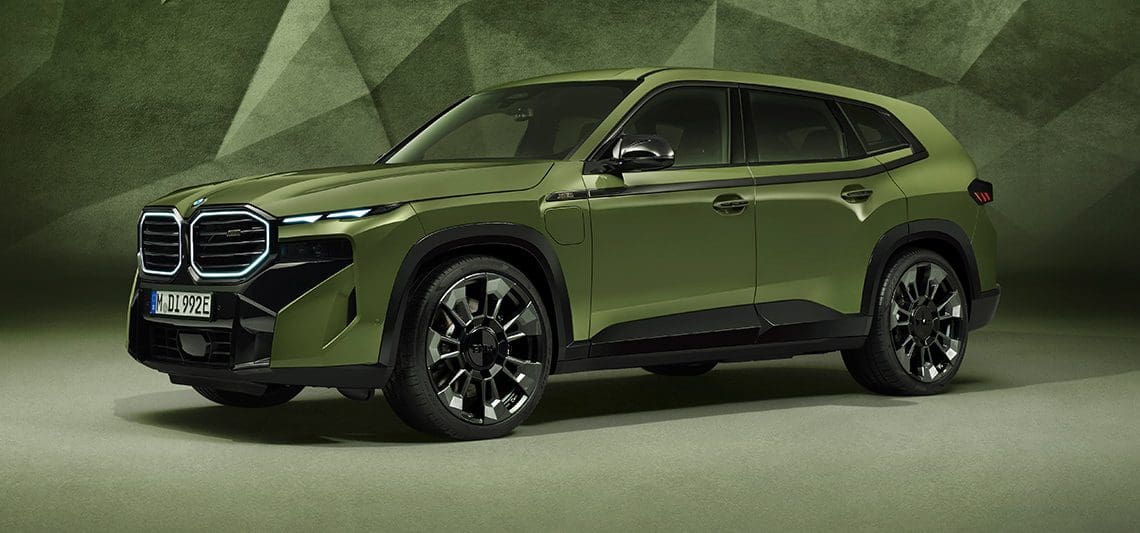BMW’s ambitious foray into the high-performance SUV segment with the XM appears to be hitting a snag, as global sales figures for the first half of 2024 paint a less-than-rosy picture. According to reports, the Bavarian automaker’s most powerful production vehicle to date, the plug-in hybrid XM, has struggled to find its footing in the market, with just 3,800 units sold worldwide in the first six months of the year. In the U.S., the numbers are even more concerning, with only 1,078 units delivered, marking a 7.9% decline from the same period in 2023.
Launched in late 2022 for the 2023 model year, the XM was intended to showcase BMW’s prowess in combining electrification with high-performance engineering. The SUV, which rolls off the production line at BMW’s Spartanburg plant in South Carolina, initially debuted with 644 horsepower. The more potent XM Label, previously known as the Label Red, ups the ante to 738 horsepower. However, despite these impressive figures, the XM has failed to resonate with buyers in the way BMW had hoped.
One of the XM’s key competitors within BMW’s own lineup is the all-electric iX, which has outpaced the XM in sales by a significant margin. In the U.S., the iX saw nearly six times the number of deliveries as the XM during the first half of 2024. This stark contrast highlights the challenges BMW faces in convincing consumers to opt for the plug-in hybrid over its fully electric sibling.
The XM’s struggles are further complicated by the availability of a less powerful 50e variant in other markets, which features a 469-horsepower inline-six engine. However, this version is not offered in the U.S., where buyers are limited to the V8-powered models. The decision to use the B58 engine in the 50e variant, rather than an M-specific powerplant, has also drawn criticism from enthusiasts, who view it as a dilution of the M brand’s performance credentials.
Adding to the confusion is the fact that the XM’s S68 engine, a twin-turbo V8, is also used in a variety of other BMW models, including the X7 M60i, 760i xDrive, and the upcoming M5 Sedan and M5 Touring. This widespread use of the engine across both M Performance and true M models raises questions about the XM’s unique selling proposition.
With the XM’s hefty price tag—starting at $159,000 for the base model and rising to $185,000 for the XM Label—BMW is facing an uphill battle to justify the cost to potential buyers. The high weight of the XM, which tips the scales at over 6,000 pounds, only adds to the challenges, making it less agile than its more traditional M counterparts.
As BMW looks to the future, the company will need to reassess its strategy for the XM. With production slated to continue through November 2027, the automaker has time to make adjustments, but it remains to be seen whether the XM can overcome its slow start and carve out a place in the competitive luxury SUV market.










